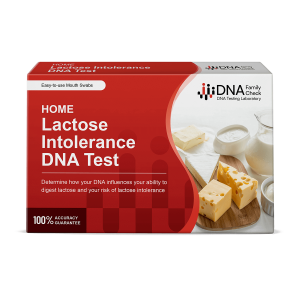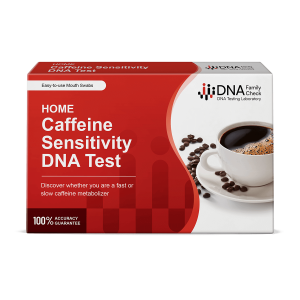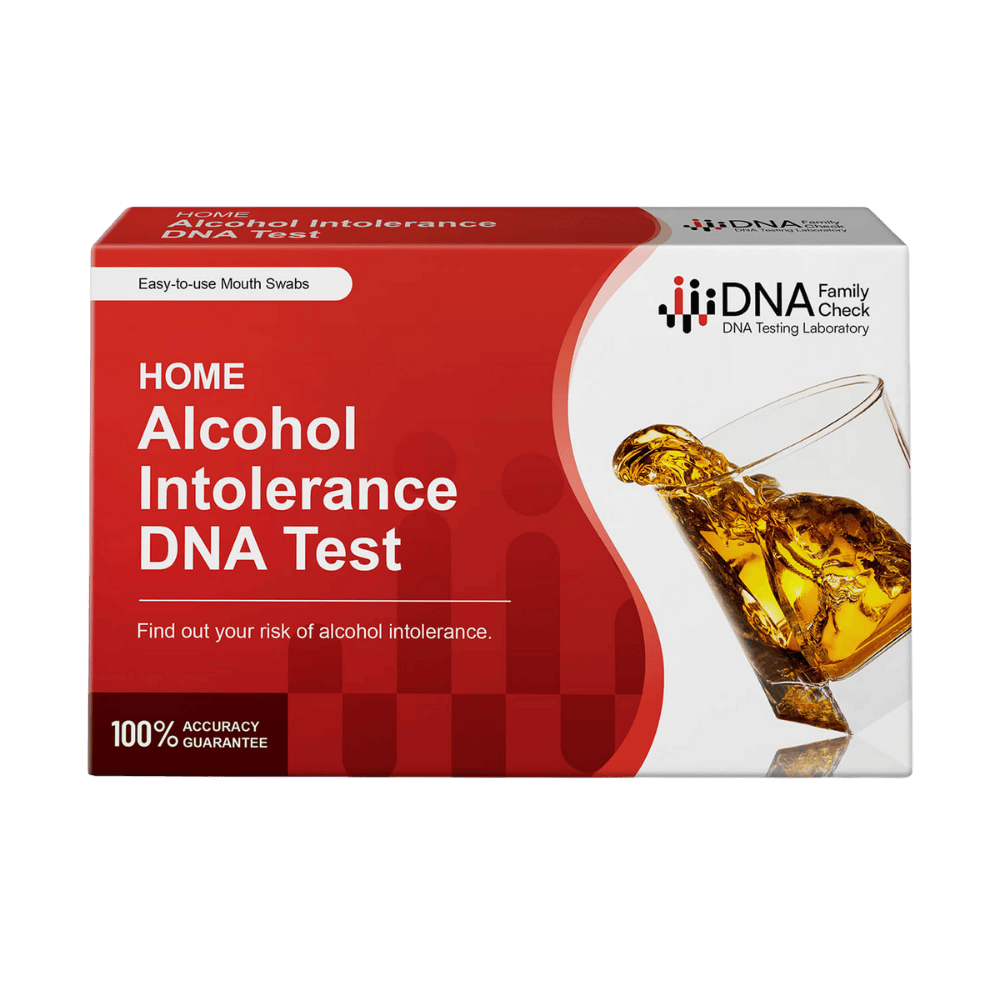

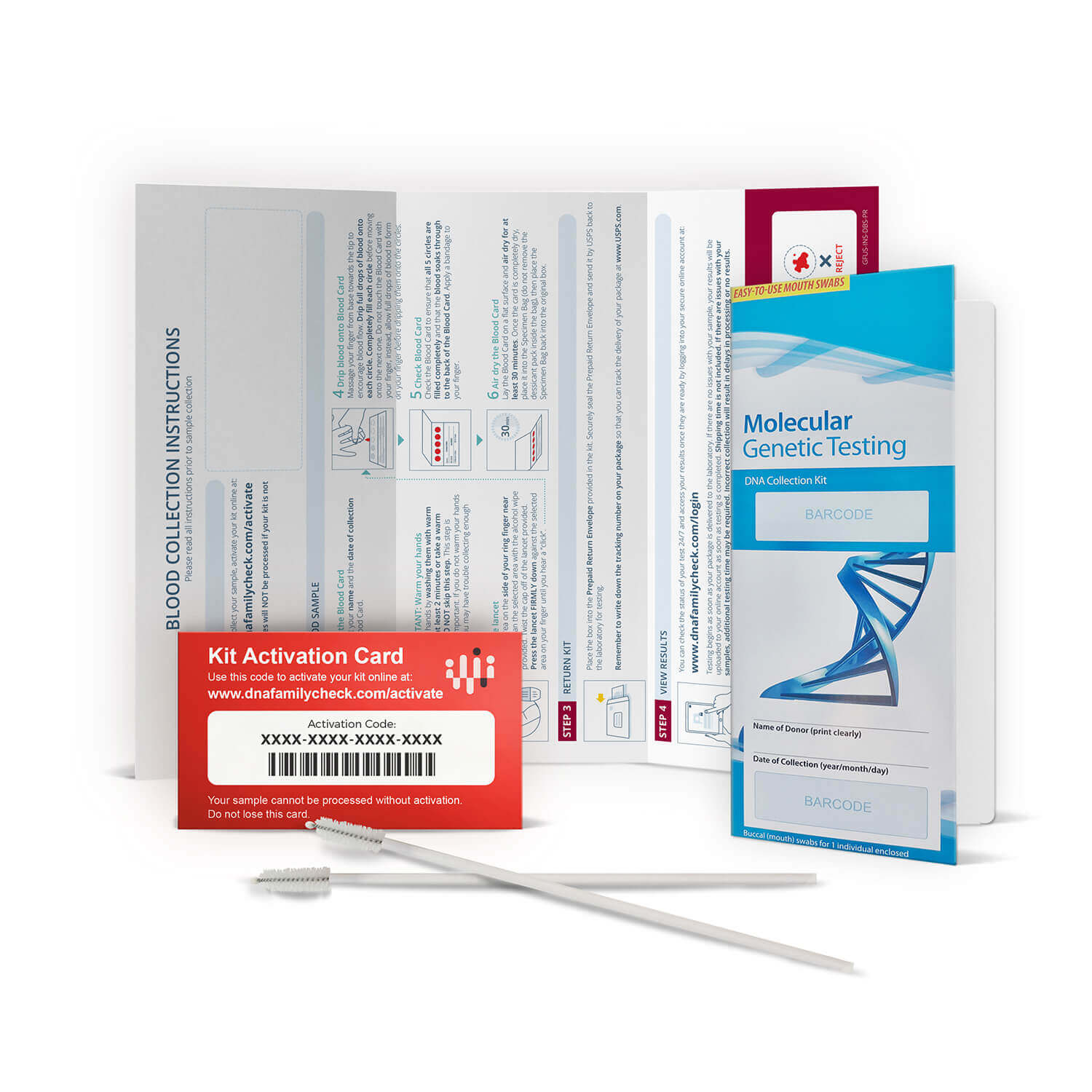
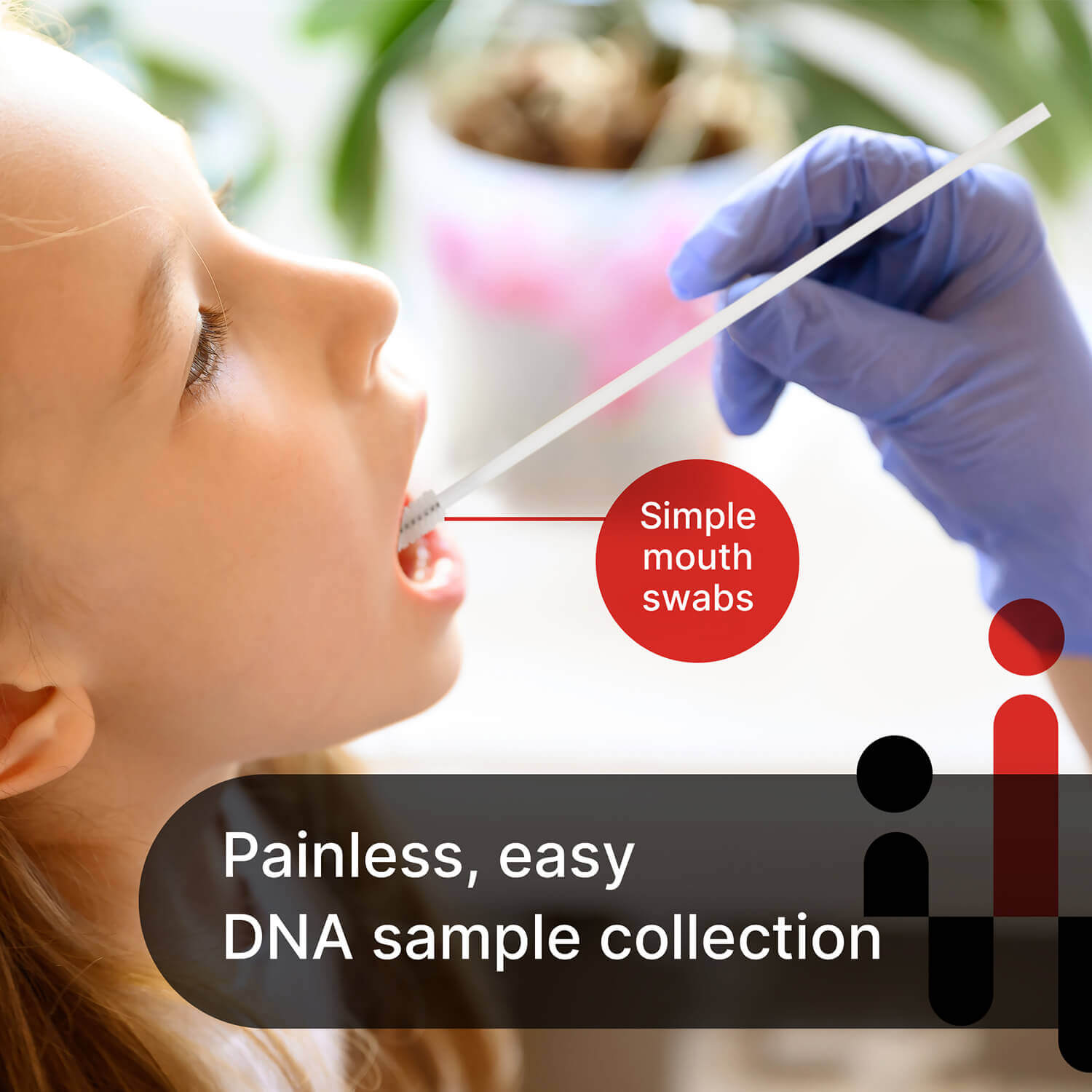
Alcohol Intolerance DNA Test
$149.00
Do you experience discomfort after consuming alcohol? The Alcohol Intolerance DNA Test examines specific genetic variants associated with alcohol flush reaction and poor alcohol metabolism. Understanding your genetic predisposition can help you make informed decisions about alcohol consumption and potential health risks.
- Analyze how your body processes alcohol based on your genetic profile.
- Simple and non-invasive cheek swab sample collection.
- Secure online access to your results, ensuring your privacy.
Summary
What is Alcohol Intolerance?
Alcohol intolerance, also known as alcohol flush reaction, is a condition characterized by an adverse reaction to alcohol consumption. The symptoms can vary in severity but often include facial flushing, nausea, vomiting, rapid heartbeat, and headaches. This reaction is primarily due to the body’s inability to efficiently break down alcohol, leading to a buildup of a toxic substance called acetaldehyde.
The Genes: ADH1B, ADH1C, and ALDH2
The metabolism of alcohol involves two key enzymes: alcohol dehydrogenase (ADH) and aldehyde dehydrogenase (ALDH). The ADH enzymes, encoded by the ADH1B and ADH1C genes, convert alcohol into acetaldehyde. The ALDH2 enzyme, encoded by the ALDH2 gene, further breaks down acetaldehyde into a less harmful substance called acetate.
Specific genetic variants in these genes can affect the efficiency of alcohol metabolism, leading to alcohol intolerance.
ADH1B and ADH1C (Alcohol Dehydrogenase): These genes encode members of the ADH enzyme family, responsible for converting ethanol to acetaldehyde in the first step of alcohol metabolism. Variants in these genes can increase ADH activity, leading to a faster conversion of ethanol to acetaldehyde. This heightened activity results in higher levels of acetaldehyde, leading to more pronounced symptoms of alcohol intolerance.
ALDH2 (Aldehyde Dehydrogenase): The ALDH2 gene encodes the enzyme responsible for converting acetaldehyde to acetate in the second step of alcohol metabolism. A common variant in this gene reduces ALDH activity, slowing down the breakdown of acetaldehyde. This variant is most strongly associated with the “Alcohol Flush” response, where individuals experience intense facial flushing after consuming alcohol.
The Alcohol Intolerance DNA Test
The Alcohol Intolerance DNA Test analyzes genetic variants in the ADH1B, ADH1C, and ALDH2 genes to determine how efficiently your body metabolizes alcohol. The test provides insights into whether you carry genetic variations that increase the risk of alcohol intolerance and related health complications.
By understanding your genetic predisposition to alcohol intolerance, you can make more informed choices about alcohol consumption and manage the risks associated with long-term health complications.
How it works

Collect

Ship

Results
Benefits
Convenience
No Hidden Fees
Fast & Accurate
Secure Online Access
About
Why DNA Family Check?
With over 20 years of experience and a proven track record, DNA Family Check is the trusted leader in relationship DNA testing. Our high-volume accredited laboratory has helped millions of families worldwide find answers and resolve questions about their relationships. As pioneers in the industry, we were one of the first to introduce the easy cheek swab method that's now the industry standard.
With our longstanding commitment to excellence and innovation, it's no wonder we're America's #1 choice for paternity answers. Our accredited laboratory is dedicated to providing accurate, reliable, and confidential results, ensuring that families receive the truth they need to move forward. With DNA Family Check, you can trust that you're in good hands.
